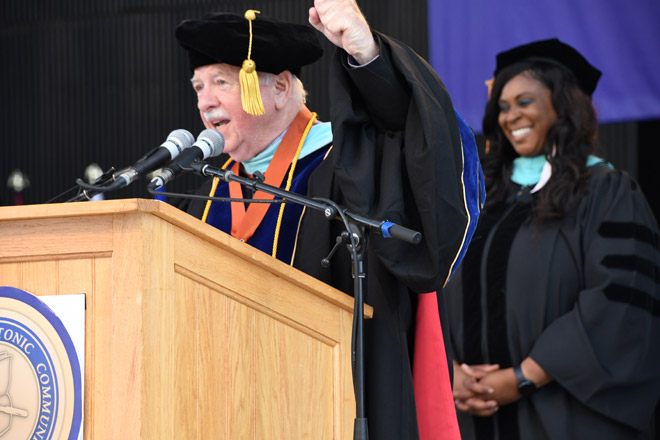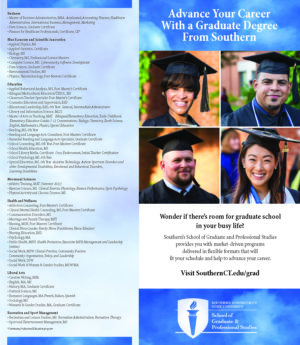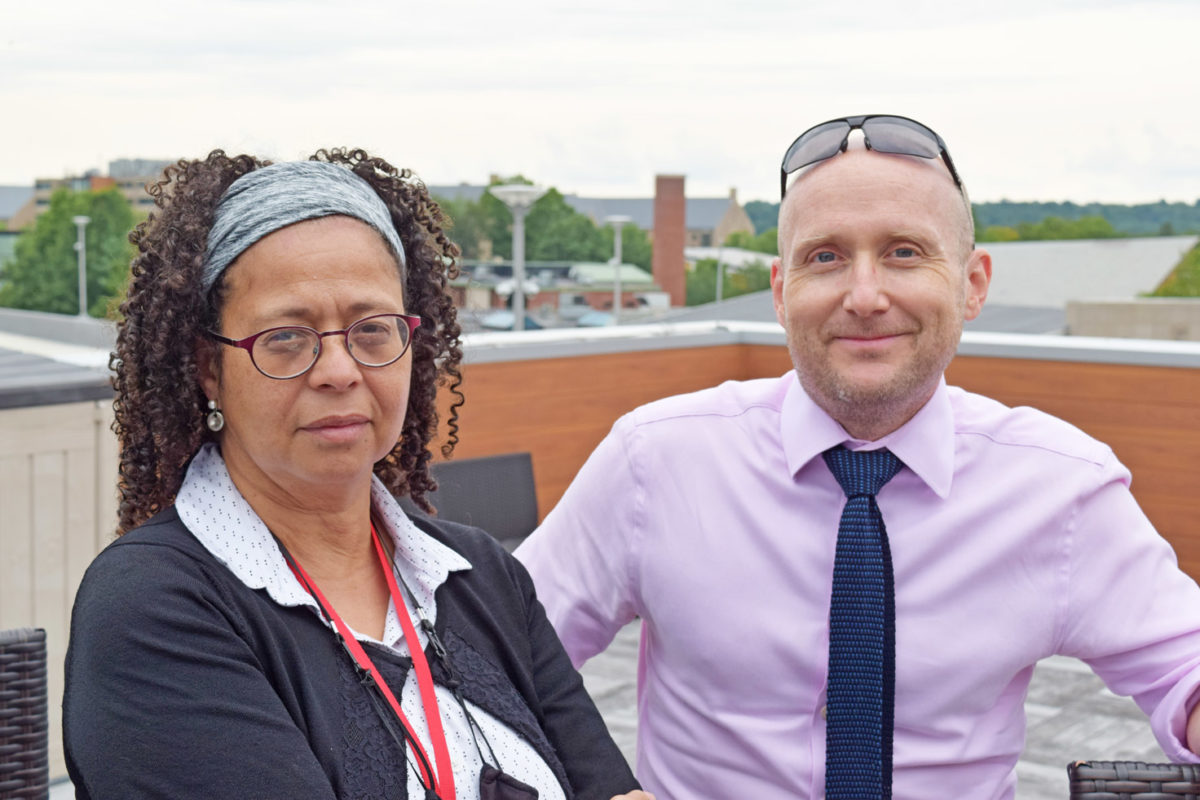In 1970, Edward Keane arrived at Housatonic Community College (HCC) to teach psychology and human services courses. The school had only become an independent institution in 1967 ”” it was previously a branch of Norwalk Community College ”” and the college setting that Keane discovered was somewhat eccentric.

“When I started, the college was located in Stratford, and all the faculty and administrators shared one room,” he recalled. “We had to share desks and coordinate schedules to use them. There were no permanent classrooms, we taught in rented space at Stratford Library and Grace Lutheran Church, among other places.”
HCC moved to Bridgeport in January 1971, taking up tenancy in the Singer Metric Building at 510 Barnum Ave., which served as its home for nearly 30 years. That same year, Keane became the college”™s coordinator for the human services program.
And while HCC eventually left the Singer Metric Building for its current campus on Lafayette Boulevard, the 77-year-old Keane stayed with the school until July when he announced his retirement after 51 years ”” which was no mean feat, as Keane”™s reputation spread across academia during his five decades at HCC.
“I received many offers,” he said about recruiter inquiries to leave HCC. “I was offered other community college teaching jobs and several university jobs. But you can play the game of hop, skip and jump in higher education, which a lot of people do, but I don”™t think you”™d have any lasting impact.
“I was offered administrative jobs and also academic dean positions,” he continued. “But I wanted to make an impact in one place and I knew that was going to take time. Maybe financially it was not maybe the best because people in higher education who jump from one job to another get bigger positions and more salary, but I thought I could do best as a contributor by staying in Bridgeport.”
Keane was finishing his first doctorate and working as an assistant dean of students at Boston University when the HCC opportunity arose. He was intrigued by the growing emphasis at the time of using community colleges to level social and economic playing fields through education.

“Bridgeport back in the day was an interesting community,” he said. “It had a lot of the usual problems of urban areas, but it also had a very dynamic volunteer and community base at that time. So, when riots were happening in other parts of the country, Bridgeport got through all of that without any major incidents ”” and that was because of the strong leadership of the local community working very hard.”
Keane remembered his early years at HCC as a setting with students out of high school in “classes of maybe 15 students, and we really got to know them quite well.” Today, he noted, classes are larger and students are, on average older ”” for the human services program, a mental health worker preparation program that he introduced to the school, the average age of his students is 36 years old.
“The other thing is we were not unionized in those early days,” he said. “We were essentially on yearly contracts. It was several years before unions came into being for higher education ”” that changed the landscape a lot.”
This past May, Keane served as grand marshal at HCC”™s 54th commencement exercises, his fourth time with that honor. And while he will no longer continue full-time teaching, he said he would continue in an adjunct professor”™s capacity.
“I”™ve also been very fortunate over the years to be involved with a number of great agencies and organizations and nonprofits that I want to keep in contact with,” he said. “I”™m very fortunate to be president of the International Society of Police Psychologists, and I want to very much put more time and effort into that.”


















